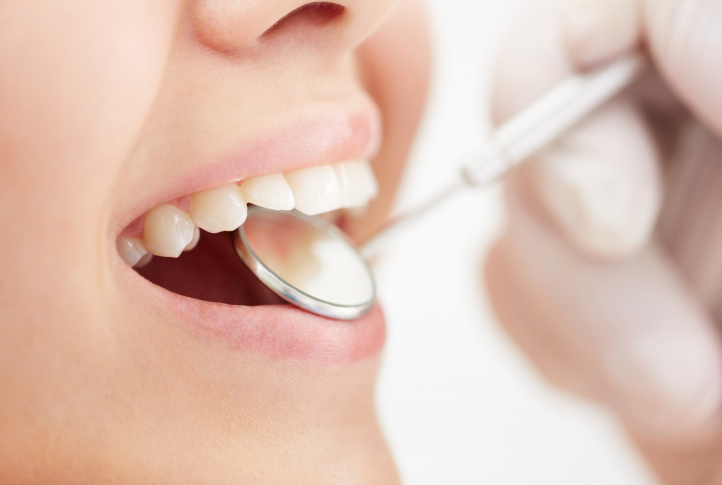Understanding the Signs and Symptoms of Oral Cancer

Individuals who suffer from gum disease and other dental ailments have an increased risk of becoming infected with oral human papillomavirus, a sexually transmitted virus that studies have linked to causing between 40 and 80 percent of all throat cancers, according to a recent study.
Those participating in the study that reported having poor oral health experience a 56 percent higher rate of contracting an oral HPV infection when compared to study participants who reported enjoy quality oral health, reported researchers in a study published online in the American Association for Cancer Research journal Cancer Prevention Research.
Oral HPV infections are similar to a genital HPV infection in that both offer high and low-risk variations. Low-risk oral HPV infections can cause non-cancerous tumors or warts in the mouth and throat, while high-risk strands of the virus may cause cancers of both the throat and mouth.
Attempting to avoid infection of either strand of the virus marks just one more reason why individuals should strive to take maintain their oral health, claimed researchers at the University of Texas Health Sciences Center in Houston who conducted the study. Researchers concluded that even after factoring in known risk factors for HPV infection, such as oral sex habits and smoking, poor oral health still ranked as an independent risk factor for oral HPV infection.
Path of Infection
According to researchers, poor oral health increases an individual’s risk of developing problems such as sores in the throat or mouth and gum inflammation that provide HPV viruses easier access to the bloodstream. Individuals who enjoy quality oral health tend to have fewer issues that cause openings to develop in the mouth that increase their risk of contracting HPV.
Despite the early conclusions drawn by this study, researchers cautioned that more study is needed before any a definitive link is drawn between oral health and an increased risk of cancer.
Testing for HPV becomes problematic for researchers as most individuals who infected with the virus have no symptoms, and only a small percentage of those with the virus actually develop cancer, according to data provided by the American Cancer Society. Currently no test for oral HPV has been approved for us in the U.S.
While certain drug manufacturers have developed vaccines that prevent cervical cancer caused by infection from certain types of sexually transmitted HPV strands, none of these drugs have been approved to prevent oral cancer. The Centers of Disease Control and Prevention currently estimate that HPV afflicts four out of every five sexually active individuals during some point in their lives.
Study Examination
As part of the study, researchers examined data of over 3,400 individuals between the ages of 30 to 69 that participated in the National Health and Nutrition Examination Survey conducted by the CDC. The survey asked that participants rate their oral health overall, whether they suffered from known gum disease, had recently undergone any dental procedures, what their daily oral hygiene regimen consisted of, and how many teeth that had remaining.
Researchers discovered that men, marijuana users, smokers, and individuals who had multiple oral sex partners had a higher risk of contracting HPV. Poor oral health had previously been linked to oral HPV infections in additional studies.
The study concluded that individuals who suffered from gum disease had a 51 percent greater risk of contracting HPV when compared to those without gum disease. Participants who experience greater problems with their oral health on average also had a 28 percent risk of infection.
According to the American Cancer Society, approximately 36,000 individuals will develop cancers of the throat and mouth this year in the U.S., resulting in nearly 7,000 deaths.
Oral Cancer Symptoms
Understanding the risk of oral cancer also means knowing the potentials signs and symptoms of the disease. According to the ADA, oral cancers can exhibit such symptoms as:
- Unexplained bleeding in the mouth
- Unexplained numbness or loss of feeling in the mouth
- Persistent sores on the face, neck or mouth
- Problems eating, chewing or swallowing
- Chronic sore throat or trouble speaking
- Significant unexplained weight loss.
If you experience any of the recurring symptoms, it’s important that you schedule an examination with Dr. Jarvis or your primary care physician.
